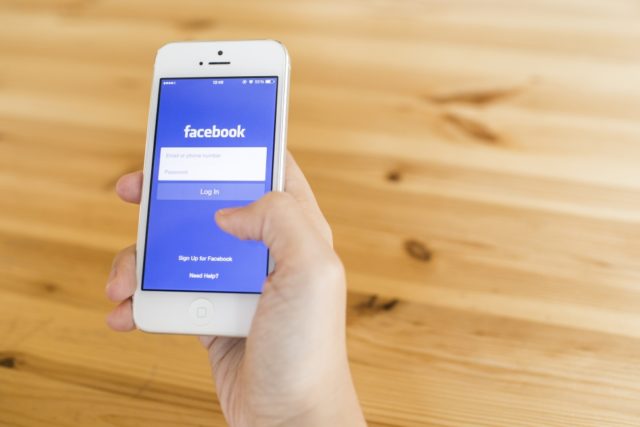
THIS WEEK, REPORTS have percolated that Facebook is testing a new menu item, called “Protect,” in its iOS app. The feature sports a blue shield icon, and tapping it redirects you to the App Store listing for Facebook-owned VPN app Onavo Protect. But while Onavo does claim to offer some tools that make the web safer, in practice it falls far short of the privacy protections that VPN users reasonably expect.
Onavo itself isn’t new; Facebook acquired it in 2013, and has nudged users to it through the Protect prompt on Android since 2016. Like all VPNs, it’s a private platform that acts as a portal to connect you to the larger internet, tunneling your data through an encrypted path to reduce the risk of eavesdropping. Onavo’s Android VPN touts this type of data protection, but also offers what it calls a second VPN for keeping track of which apps are using the most data.
The iOS version of the VPN focuses more on browsing protections, warning users when they visit sites that might be malicious and offering other standard VPN protections. But on both platforms, Onavo is more pervasive than standard VPNs, and attempts to be on all the time instead of just when you want a little extra protection. This seems like a way for the app, and by extension Facebook, to track your browsing all the time, not just when you’re on the social network.












